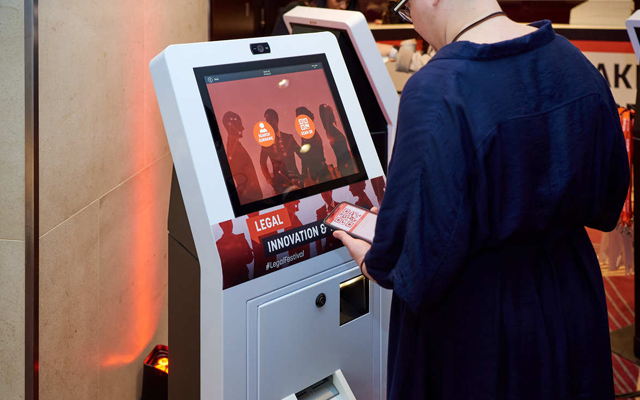
Australian event technology curator Sprintr is shifting its focus to smart events – a market the company believes will grow – and away from hybrid and virtual formats.
Differentiating the forms of events, Chris Schlueter, Sprintr’s director of business & innovation, said: “Hybrid events are live and streamed to a virtual audience. Smart events cover a more diverse technology stack. A smart event is one which uses digital technology to enhance the experience.”

However, to develop more smart events, Sprintr acknowledges the need to manage expectations of what can be achieved with virtual and digital solutions.
“In the conference world, it was alright to do a 60- or 90-minute session where people would sit in a boardroom and expected to pay attention until the session ended. You can’t do the same with digital events,” he said.
Although organisers can replicate some elements of a live event into a virtual environment, Schlueter advised that both events need to be approached differently to maximise attendee engagement and overall value due to dwindling attention spans.
For a smoother transition to smart events, Sprintr educates its customers on how to run effective digital events through face-to-face meetings during the planning process, newsletters, blog posts, and industry publications.
Sprintr’s smart events approach is a departure from its pre-pandemic bread and butter, where 80 per cent of business came from kiosk registration and the rest from event apps. Focusing on curating event technology solutions has enabled the company to emerge stronger from the pandemic.
Schlueter added that Sprintr’s strong partner network was also instrumental in its successful pivot.
“We had partners that began releasing digital products that our existing clients needed to interact with their virtual audiences. (By being a curator), this allowed us to ensure that the best possible solutions are delivered to our clients based on their needs,” he said.
While the marketplace is flushed with quality event technology products, Schlueter said there are challenges in implementing them.
“There are many technology solutions out there that we are ready to bring to the market to push the events industry forward. However, the time required to properly execute and implement some of these is limited. The pent-up demand for in-person events means shorter lead times. This, compounded with the skills shortage, means we are focused on delivering exceptional experiences right now, before we look to the future of smart events,” he elaborated.

Looking ahead, Schlueter sees a bright future for event technology in the metaverse, especially for clients with “big dreams and big budgets”.
He pointed to Malaysia’s QNet convention, a metaverse event that took place in October 2021. It drew 500,000 attendees from 50 countries to a virtual 3D stadium and stage, demonstrating the technology’s reach and depth.
He also suggested that medical conferences can benefit from delivering content in the metaverse. For example, convening heart surgeons can utilise new technology to study a 3D model of a patient’s heart in a virtual space, allowing them to scale it up, dissect and examine its functions. Such technology offers a new learning style, and brings another level of immersion to attendees.




















